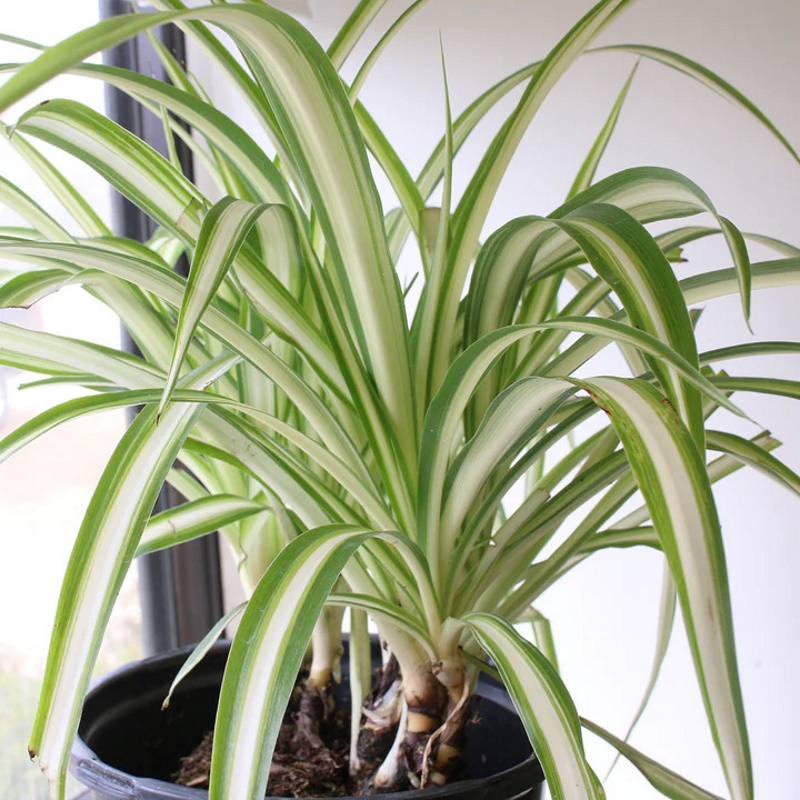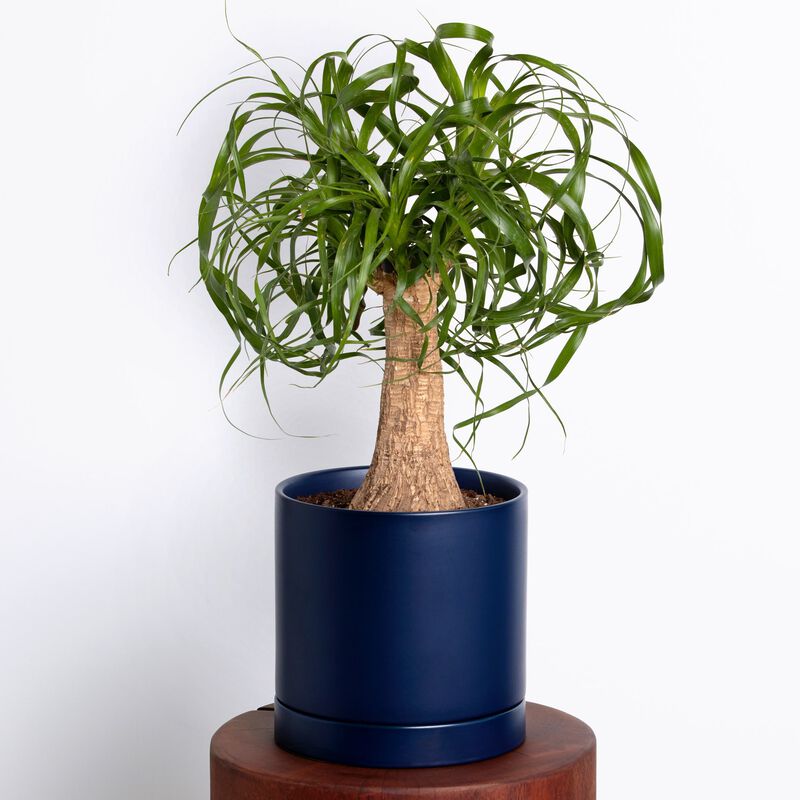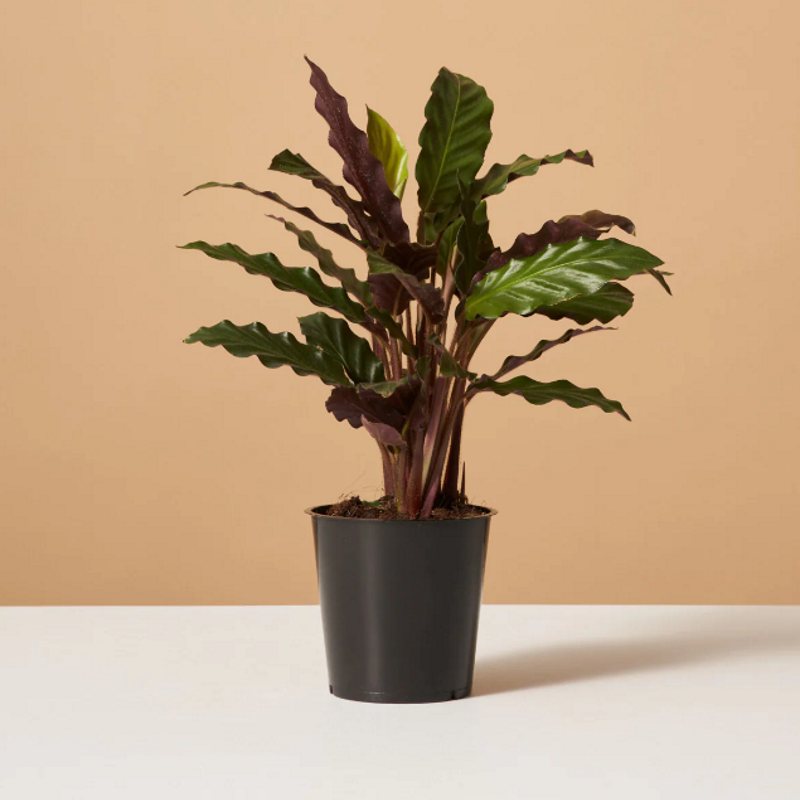Are snake plants toxic to pets? Indoor plant experts reveal all
Here's what you need to know to keep your pets safe around snake plants

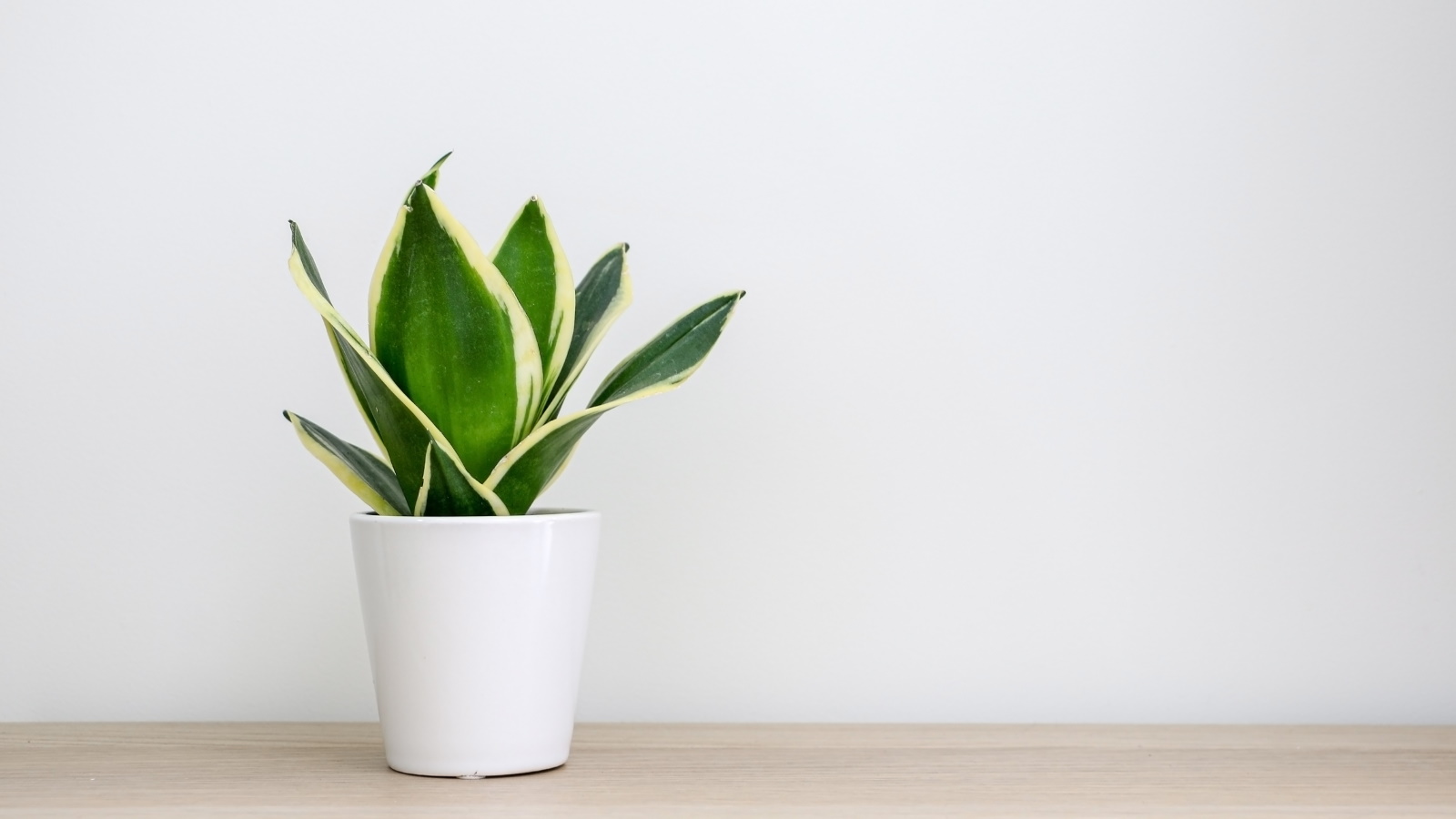
Design expertise in your inbox – from inspiring decorating ideas and beautiful celebrity homes to practical gardening advice and shopping round-ups.
You are now subscribed
Your newsletter sign-up was successful
Want to add more newsletters?

Twice a week
Homes&Gardens
The ultimate interior design resource from the world's leading experts - discover inspiring decorating ideas, color scheming know-how, garden inspiration and shopping expertise.

Once a week
In The Loop from Next In Design
Members of the Next in Design Circle will receive In the Loop, our weekly email filled with trade news, names to know and spotlight moments. Together we’re building a brighter design future.

Twice a week
Cucina
Whether you’re passionate about hosting exquisite dinners, experimenting with culinary trends, or perfecting your kitchen's design with timeless elegance and innovative functionality, this newsletter is here to inspire
The popular snake plant, or Dracaena trifasciata, is among the best indoor plants. It is a low-maintenance indoor plant that adapts well to low-light positions and higher humidity levels, often making it a favorite bathroom plant among indoor gardeners.
However, you might want to think twice about this statement houseplant if you're a pet owner. Unfortunately, not all indoor plants are safe for furrier members of
the family. Many have toxins that could cause illness to cats and dogs if ingested by them.
While snake plants can bring many benefits as an air cleaning indoor plant, they aren't among the best pet-safe indoor plants and could cause potential harm to your pets. Here, experts answer the question 'are snake plants toxic to pets?' and reveal what you need to be aware of if you are a pet owner who is considering purchasing one.
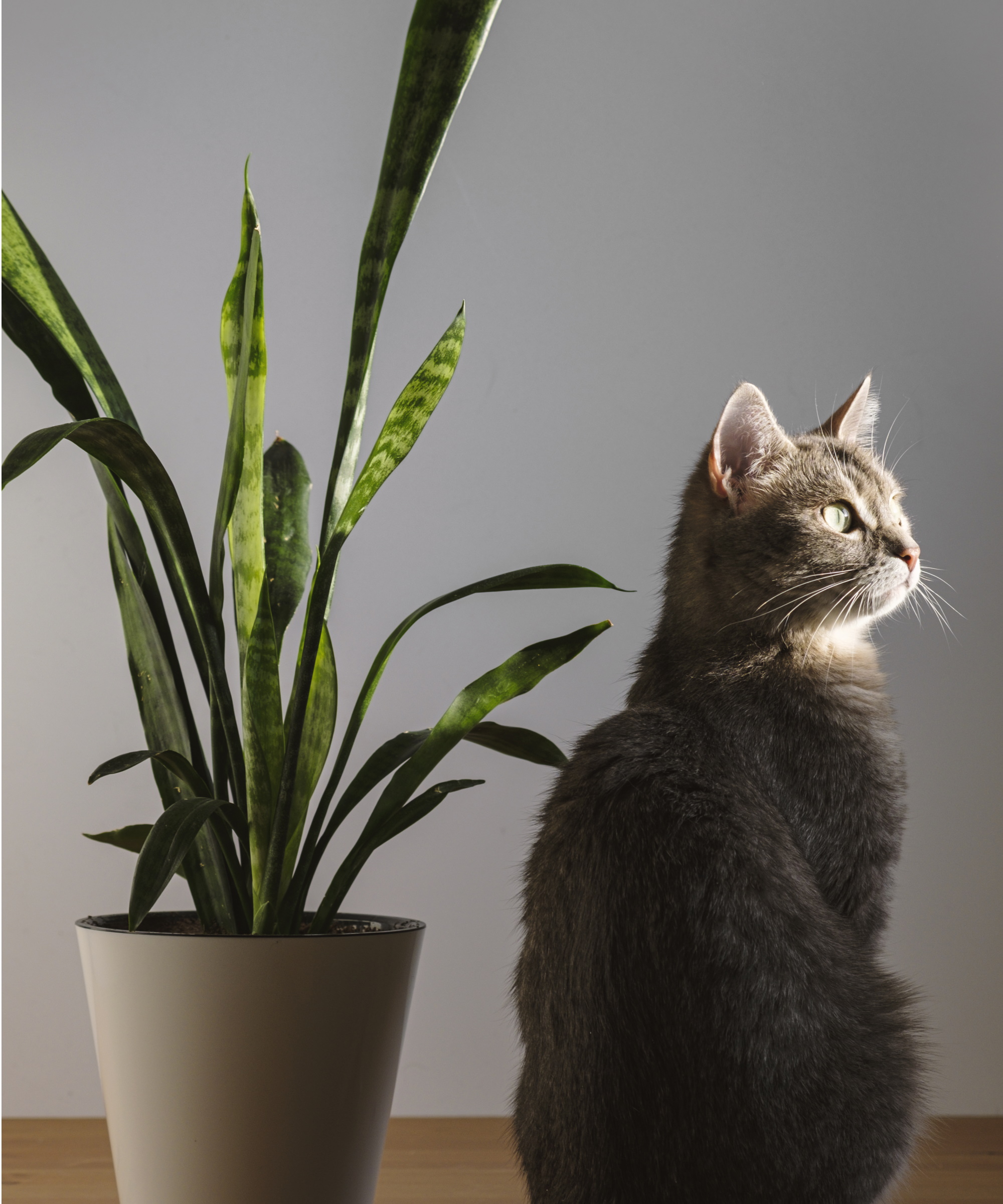
Are snake plants toxic to pets?
In short, yes. Snake plants are toxic to pets, so if you are an animal owner make sure you have a spot on a high shelf before bringing one into your home. But don't worry, if your pets do come into contact with a snake plant, here is what you need to consider.
What happens if cats and dogs eat a snake plant?
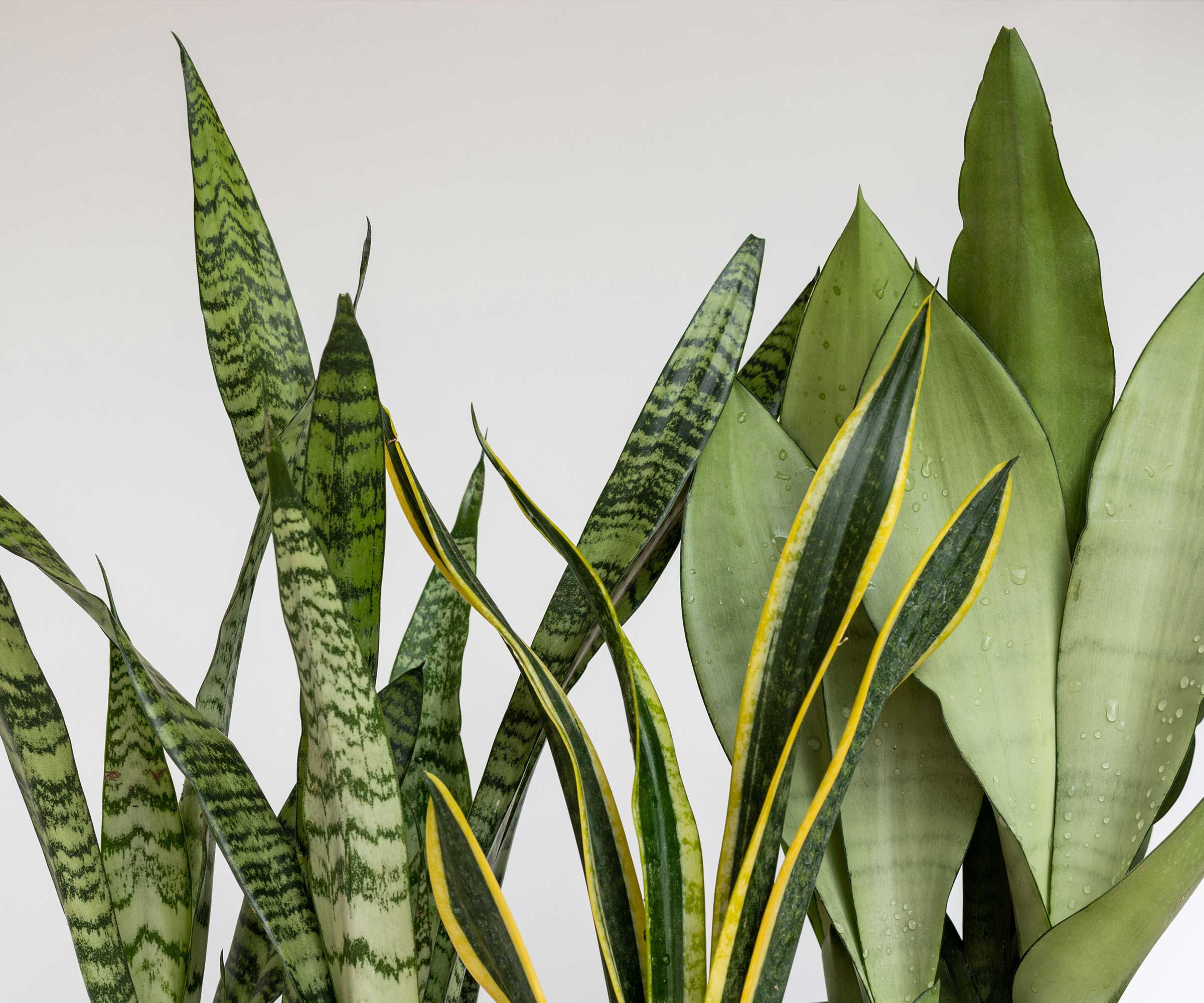
Houseplants that are considered unsafe to pets often have toxins that can cause a number of symptoms if ingested. In the case of snake plants, this includes the chemical saponin which is poisonous in large quantities.
Saponins are found on all parts of the snake plant and will also make humans ill if consumed. Curious pets are likely to experience negative symptoms if they decide to nibble on a snake plant.
'Snake plants can cause vomiting, diarrhea and other gastrointestinal upsets to pets,' says Diane Kuthy, the founder of How To Grow Everything.
Design expertise in your inbox – from inspiring decorating ideas and beautiful celebrity homes to practical gardening advice and shopping round-ups.
While this is definitely something to be aware of as a pet owner, it shouldn't cause too much concern if your pets tend to leave your plants alone.
'From personal experience, cats tend to avoid snacking on snake plants because the leaves are very bitter tasting to them,' says Diane.

Diane Kuthy is the founder and lead plant expert at How To Grow Everything, a collection of comprehensive grow guides for every plant and vegetable. Diane has over 10 years of gardening experience and she currently manages a 5-acre farm, a four-season greenhouse, over 50 perennial fruit and vegetable varieties, and a large indoor plant conservatory.
What should you do if your pets eat a snake plant?
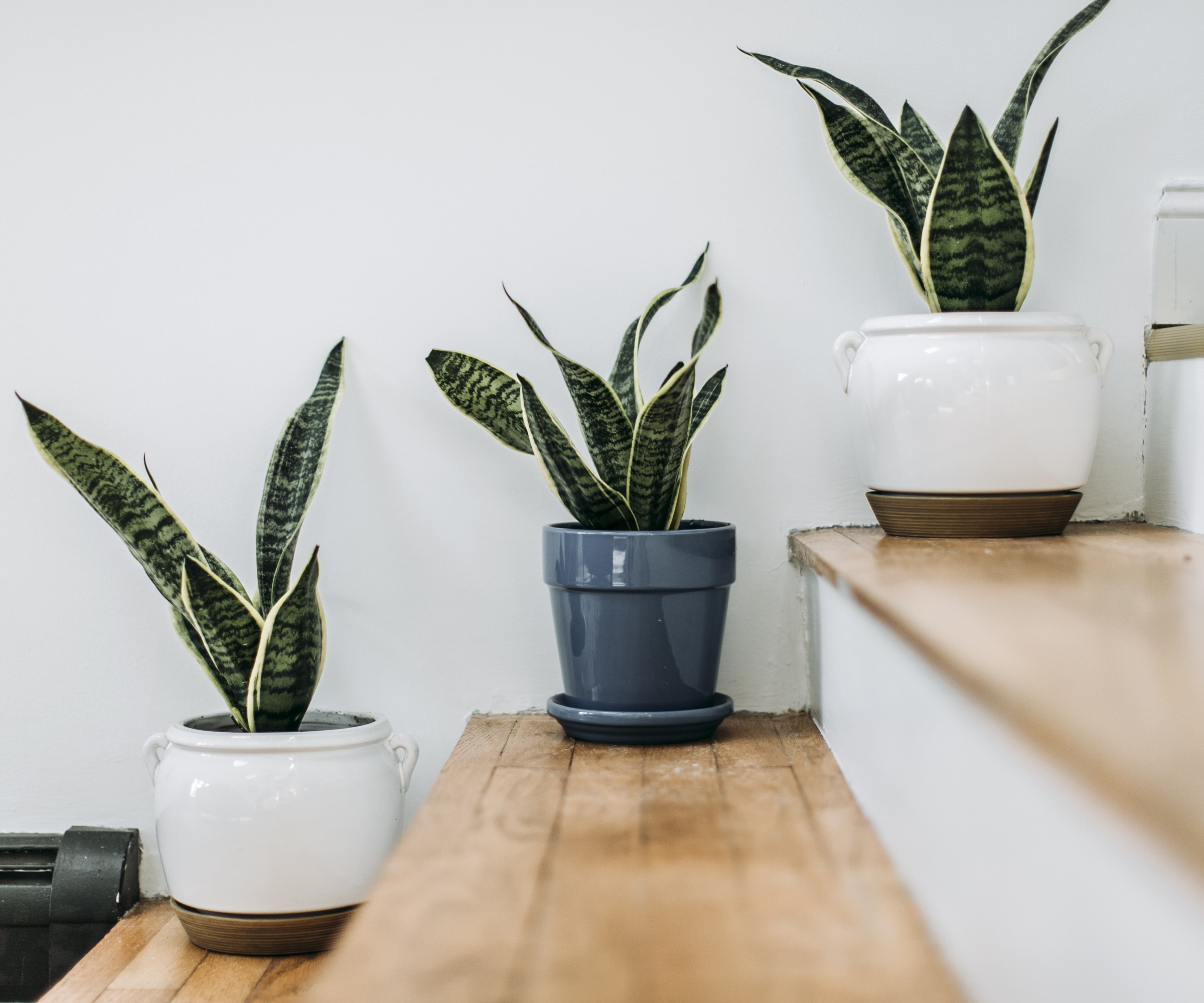
The first thing you should do if you notice that your cat or dog has mistaken your snake plant for a treat is assess how much they have consumed.
'I like to tell people that 'exploratory bites' are not that big a deal, but if your pet is continuously eating a snake plant, that's not great for the pet or the plant,' says Jeannie Psomas, plant expert and owner of The Plant Lady: San Francisco.
Because saponins become unsafe at a larger quantity, a small one-off bite of a snake plant is unlikely to cause serious harm to your pet. However, it is important to always do research and seek professional veterinary advice in these matters.
'I always refer people to the American Society for the Prevention of Cruelty to Animals (ASPCA) to look up toxicity of specific plants,' says Raffaele Di Lallo plant expert from Ohio Tropics. 'If your pet has ingested snake plant foliage, call the Animal Poison Control Center at the ASPCA or call your veterinarian immediately,' he adds.
If you find that your pets are keen to explore your houseplants, consider having other plants in your home. 'Try growing cat grass and catnip plants indoors to give them your cat a safe alternative,' suggests Diane.

Jeannie Psomas owns The Plant Lady: San Francisco, an indoor plant shop located in San Francisco, California which caters to collectors and hobbyists alike. With a strong emphasis on plant science and education, Jeannie's philosophy is that anyone can grow gorgeous plants indoors.
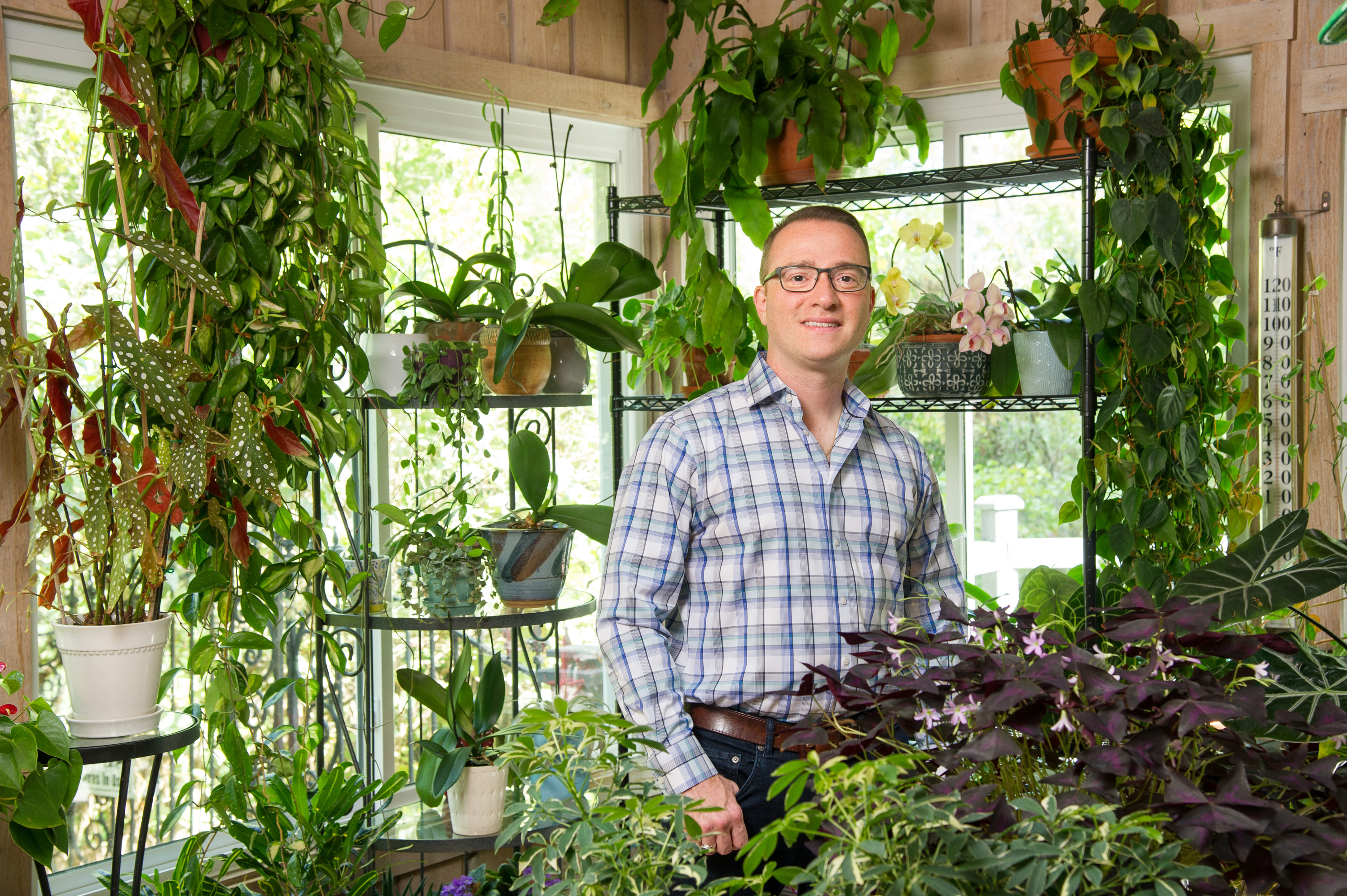
Raffaele Di Lallo is the founder of the blog Ohio Tropics which focuses on the care of houseplants and other tropical plants, both indoors and outdoors. He has a large following on Instagram where he gives plant care tips and is the author of Houseplant Warrior: 7 Keys to Unlocking the Mysteries of Houseplant Care, published by Countryman Press.
Discover pet-friendly plants online
FAQs
How do you keep pets safe from snake plants?
The best way to keep your pets safe from snake plants is placing them out of their reach, or choose not to have one in your home and opt for one of the best pet-safe indoor plants instead. Although, many pet owners notice that pets tend to leave snake plants alone. It's important to always take care with snake plants around pets and seek professional veterinary advice if your pet has ingested plants that could cause them harm.
Unfortunately, snake plants are toxic to pets, and humans, if ingested. It's important to do research around houseplants to ensure they suit your lifestyle before bringing them into your home. If you are a pet owner wanting to expand your indoor plant collection, you may want to be aware that rubber plants are toxic to cats and fiddle leaf figs are toxic to cats and dogs, too.

Tenielle is a Gardens Content Editor at Homes & Gardens. She holds a qualification in MA Magazine Journalism and has over six years of journalistic experience. Before coming to Homes & Gardens, Tenielle was in the editorial department at the Royal Horticultural Society and worked on The Garden magazine. As our in-house houseplant expert, Tenielle writes on a range of solutions to houseplant problems, as well as other 'how to' guides, inspiring garden projects, and the latest gardening news. When she isn't writing, Tenielle can be found propagating her ever-growing collection of indoor plants, helping others overcome common houseplant pests and diseases, volunteering at a local gardening club, and attending gardening workshops, like a composting masterclass.
